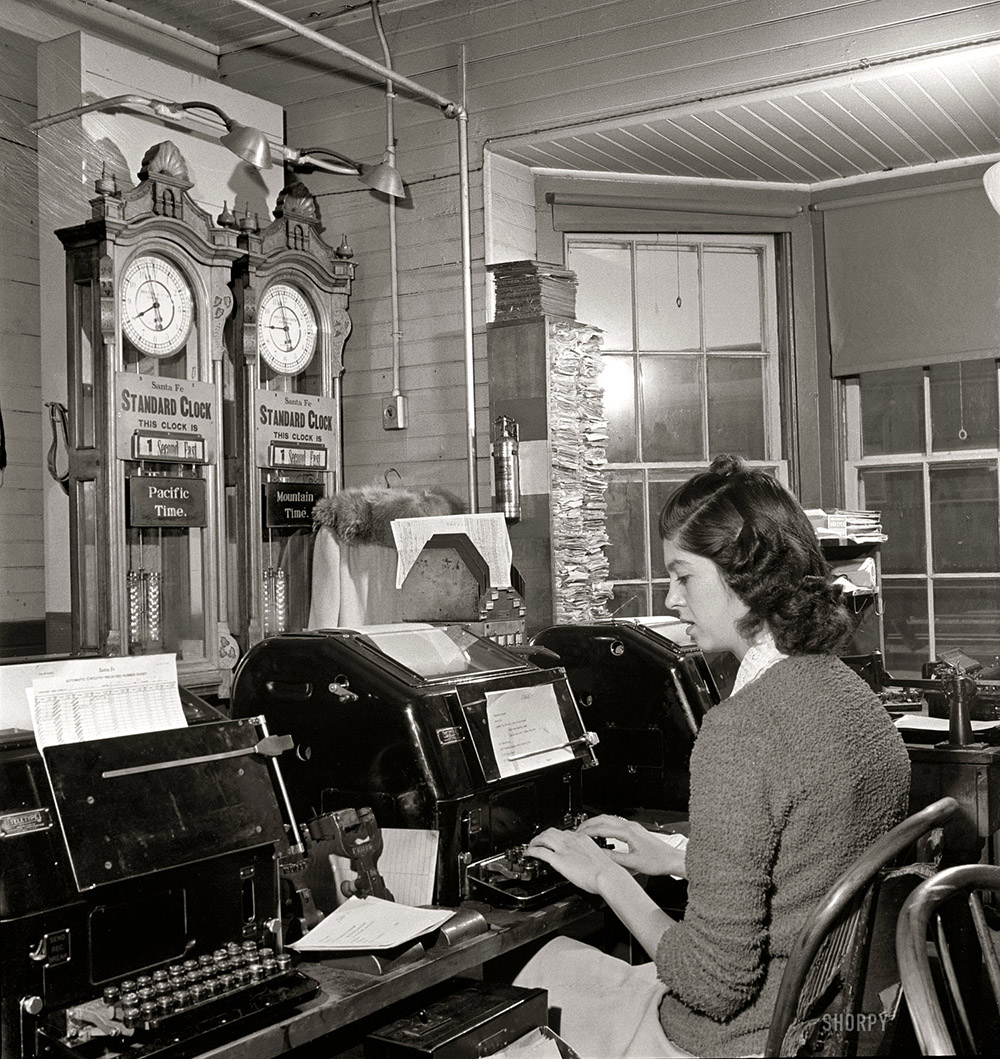‘Cause the science tells us so
 There’s a strontium clock in Boulder, Colorado that’s accurate to within one second every 3.7 billion years. It’s so sensitive that even the almost imperceptible changes in elevation triggered by movement deep inside the Earth’s crust cause it to either speed up or slow down, depending on whether those changes “lift” or “lower” the ground beneath it.
There’s a strontium clock in Boulder, Colorado that’s accurate to within one second every 3.7 billion years. It’s so sensitive that even the almost imperceptible changes in elevation triggered by movement deep inside the Earth’s crust cause it to either speed up or slow down, depending on whether those changes “lift” or “lower” the ground beneath it.
This is because the passage of time is affected by gravity – thus spake Albert Einstein – and gravity is weaker at higher elevations. The higher the elevation, the lower the gravity, and the lower the gravity, the faster the passage of time.
The clock keepers in Colorado tell us that this makes synchronizing two strontium clocks way challenging. The clocks are forever speeding up and slowing down, entirely at random and independently of one another. Like two drunk bull riders trying to sign each other’s casts in flagrante.
Here’s the thing, though. Even the clock keepers admit that nobody knows what we’re measuring. What time … is. Not really. Whether illusion or human construct, something imposed by us on the Infinite or by the Infinite on us, or something else, or something else again.
We’re measuring the unknown, folks, straight up. Maybe the unknowable. And we believe ourselves to be doing so with mind-boggling accuracy.
That takes a lot of sand.